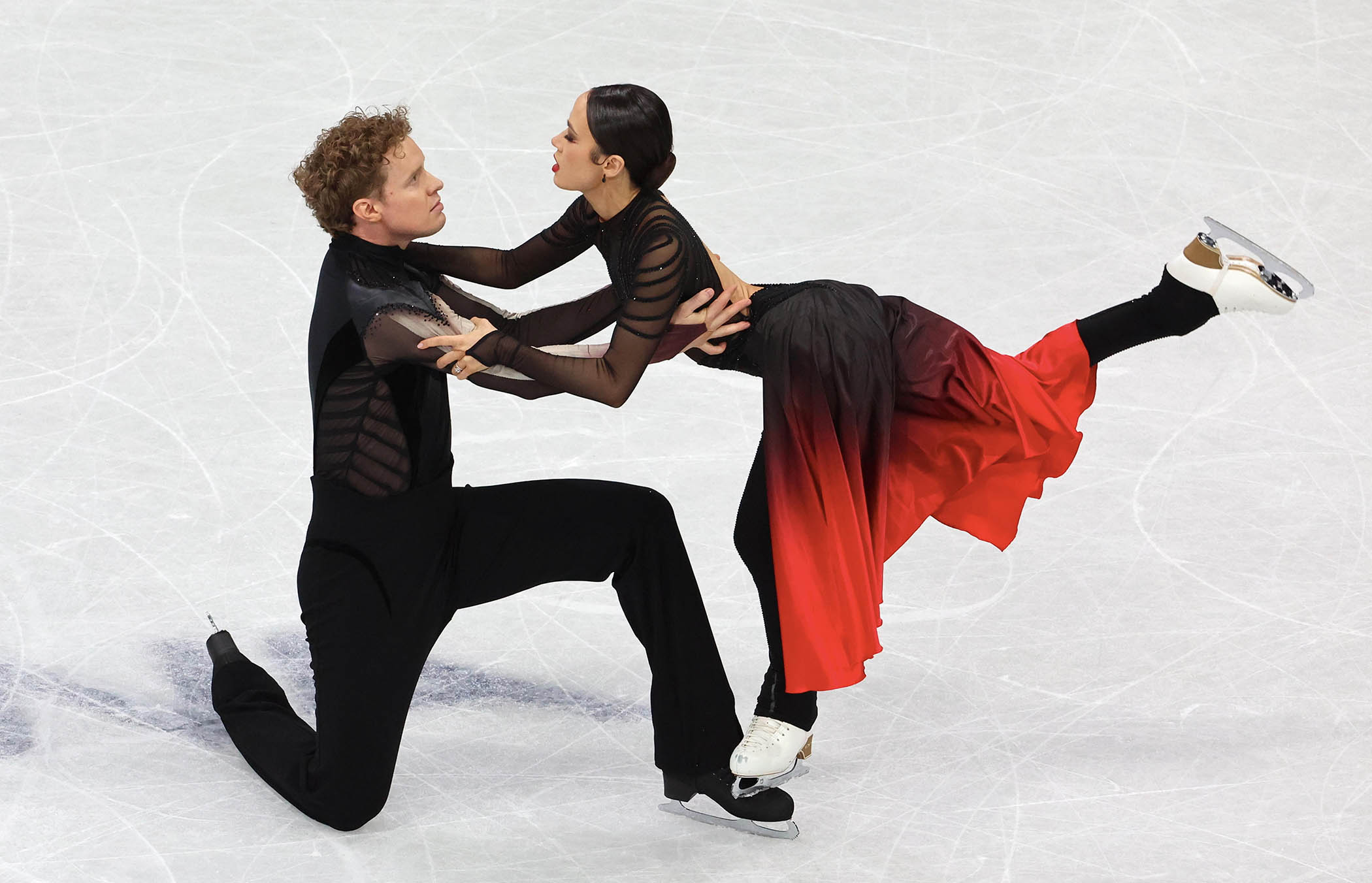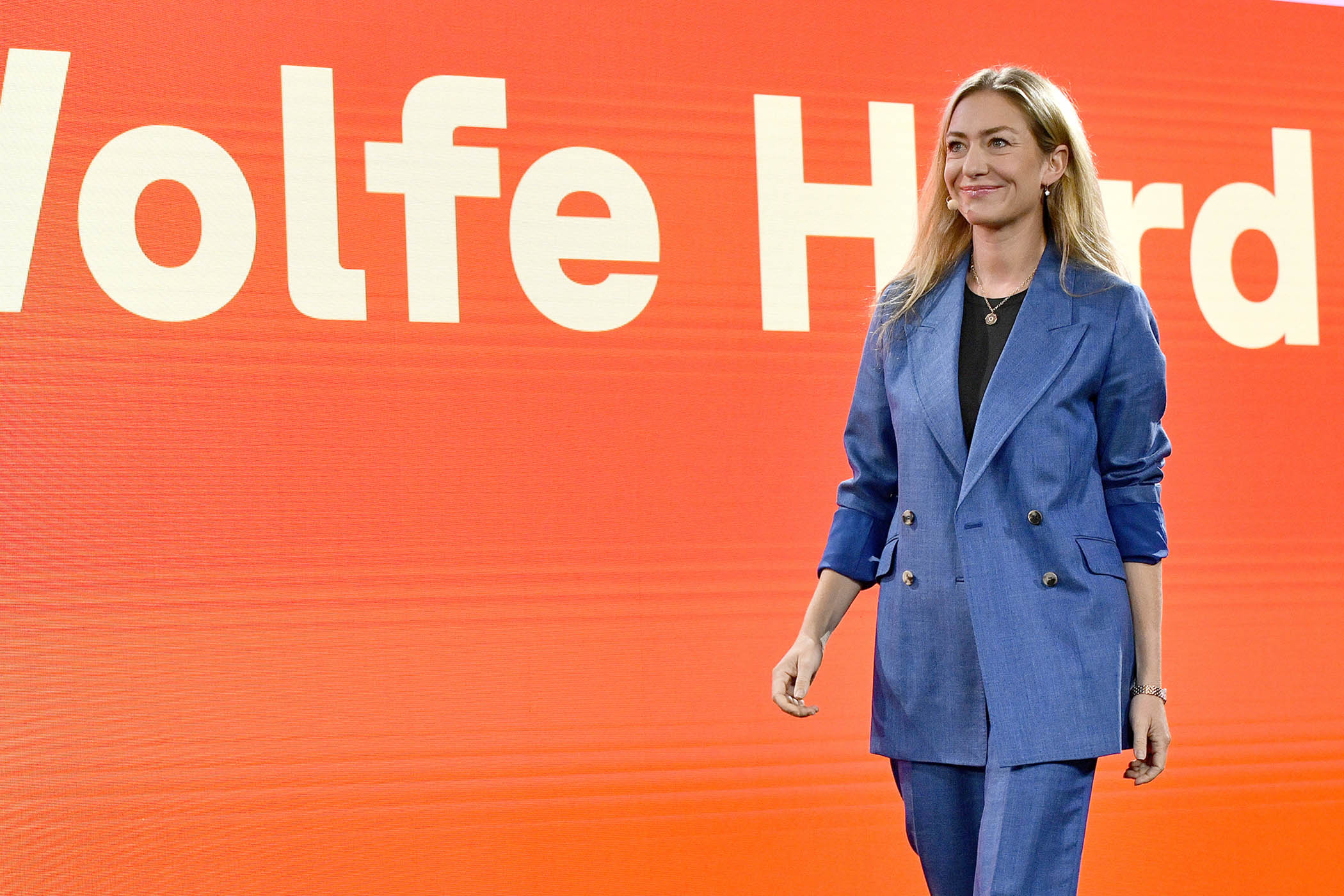What should women expect from men in 2025? How does a healthy heterosexual relationship begin? Last week on X, we caught a glimpse of how one doesn’t when a dating app exchange about a first date went viral.
After arranging a time and place, and texting “Perfect! I’ll meet you there” beforehand, the woman abruptly cancelled when the man announced he was running five minutes late. “Oh no you needed to confirm this morning!” she said. “I thought it wasn’t happening so I am not there.” When he apologised for not following up, she replied: “This was silly of you and I am a gal who deserves the basic decency of you reaching out to let me know we’re still on ahead of time… You should be so excited the morning of our date you can’t wait to reach out to me and let me know you’re looking forward to it, but that’s the bare minimum… I deserve to find what I’m looking for.”
It’s understandable to have different ideas about how many times someone should confirm a date. But what is it exactly that we “deserve” from dating?
The interaction here demanded a performance of eagerness and adoration from a stranger – and a failure to execute was seen as an unequivocal dealbreaker. It is not an isolated incident. It is part of a trend across all relationships where people’s expectations have reached impossible heights, where, in lieu of real connections with others, they pursue someone – anyone – who will playact a specific role dictated by social media.
It’s not hard to find the kind of advice that precipitated this exchange. Since the 2010s, women have been encouraged to ask for more from their romantic encounters with men – to “know your worth” and to be clear about what they wanted out of dating. At first a welcome correction, these ideas were then applied to all relationships: friends, siblings, even co-workers.
Now, “knowing your worth” links to 85m videos on TikTok. But what you’ll find is a twisted version of that original ethos, where the same mantras are deployed as justification for unrealistic expectations. Young people are told to think only of their experiences and to adopt a one-strike-you’re-out policy, even for things most reasonable people wouldn’t call a strike – like planning a date last minute, not responding quickly enough to messages, or, indeed, thinking you didn’t need to confirm a date twice. There is no room for misunderstanding or even an honest mistake.
The dynamic being sought is closer to the fawning between fan and idol
The dynamic being sought is closer to the fawning between fan and idol
The normalisation of these ideas means few question their logic or their results. One popular TikTok video tells viewers: “When someone treats you like you’re just one of many options, help them narrow their choices by removing yourself from the equation.” This makes sense if someone is being treated poorly by a potential partner but we shouldn’t expect every prospect to see us as their life’s top priority from the get-go (by many metrics, this would be a red flag). Others, such as this video with more than a million views, tell women to spend little time interacting not to interact much with men before a first date – but also that men should act obsessively interested in you even before you’ve met.
These conflicting messages create avoidable disappointment, while erecting barriers to exploring meaningful connection. While this phenomenon is increasingly not gendered, it also affirms gender norms in heterosexual dating. What’s the harm of a woman confirming a date herself if she is seeking that assurance, rather than giving full control over her day to a man?
The problem has little to do with the specifics of people’s standards. It’s that the dynamic being sought is n’t that of two people experiencing understanding and connection, but something much closer to the fawning relationship between fan and idol. By turning other people into role-playing partners for our desires, we miss out on the human beings we might actually like to know. It creates an uneven relationship and puts outsized emphasis on things that rarely matter, obstructing what we’re truly after: loving someone and someone loving us.
It’s right to have high standards for the people we’re intimate with and to communicate our needs and desires. And in the midst of global dating app burnout we deserve respect and kindness from strangers on dating apps. But we also deserve real connection – to be curious about who someone is and not how they can fulfil a fantasy of online expectations. We won’t find it by peering over the impossible rampart, lamenting that no one is good enough to scale it.
Newsletters
Choose the newsletters you want to receive
View more
For information about how The Observer protects your data, read our Privacy Policy
Photograph by Getty



